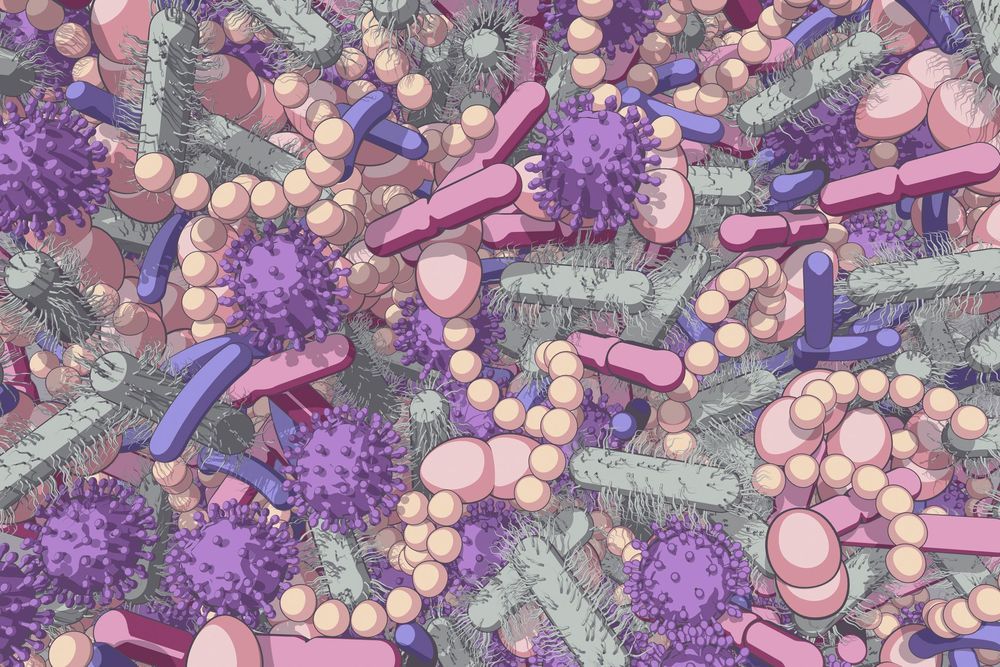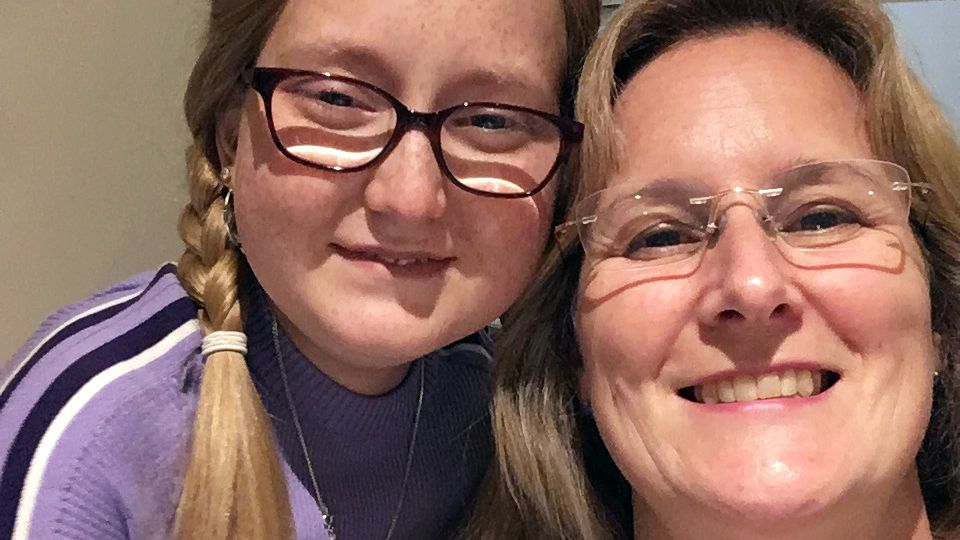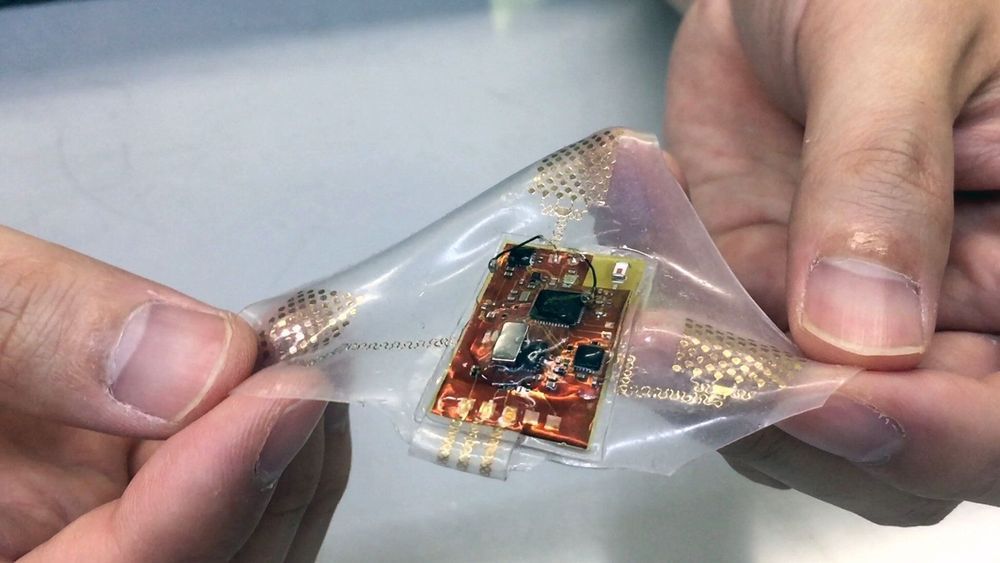Prior studies in mice have shown that whole body vibration (WBV) can mimic some of the positive effects on health of exercise, and even reverse some of the symptoms of type 2 diabetes. New research by a team at the Medical College of Georgia (MCG) and Dental College of Georgia (DCG) at Augusta University has provided new clues as to the mechanisms involved. Their studies in a mouse model of obesity showed that WBV results in increased levels of inflammation-suppressing immune system macrophages, and high numbers of gut bacteria that makes short-chain fatty acids (SCFAs), which can help the body better utilize glucose.
The findings “… support the notion that WBV has the potential to alter the microbiota in a way that triggers innate and mucosal immunity to produce anti-inflammatory responses, down-regulating the hyper-inflammatory state and reversing the adverse consequences,” the investigators wrote in their published paper in the International Journal of Molecular Sciences. “More studies are required to solidify this novel approach, which can be a very affordable and effective therapeutic modality in the prevention and treatment of many diseases, including diabetes and obesity.” The researchers, headed by Jack Yu, MD, chief of pediatric plastic surgery at MCG, and Babak Baban, PhD, immunologist and intern associate dean for research at DCG, reported their findings in a paper titled, “Whole Body Vibration-Induced Omental Macrophage Polarization and Fecal Microbiome Modification in a Murine Model.”
The combination of high-fat, sugar-heavy diets and “massively reduced physical activities” is largely responsible for what the researchers called “an epidemic of obesity and chronic metabolic diseases,” including type 2 diabetes. Chronic inflammation is a major contributory factor to the development of metabolic and cardiovascular diseases, and the immune system’s macrophages play a key role in regulating inflammatory responses.





